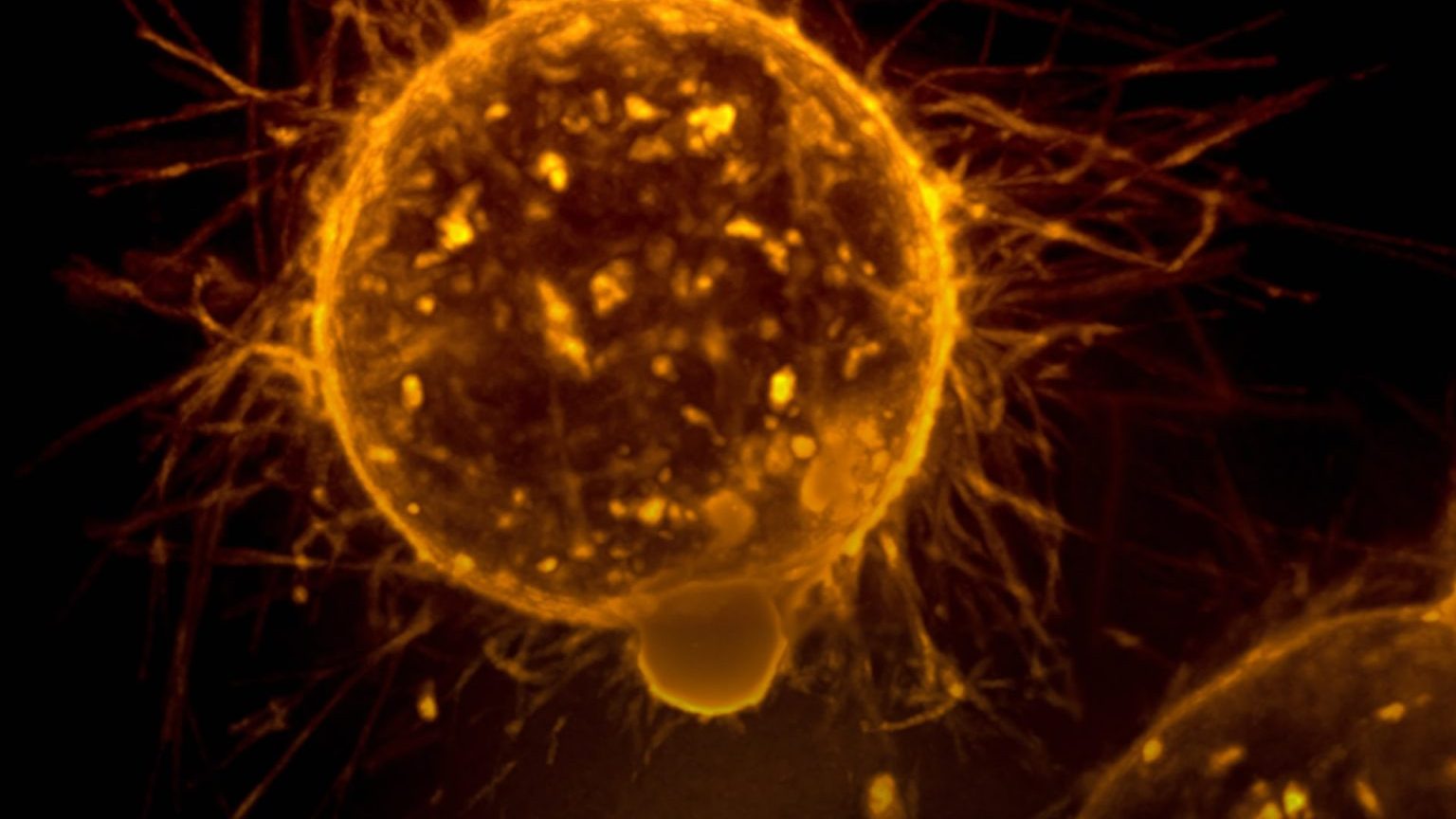Nanomedicine Shows Early Success in Beating Cancer

What’s the Latest Development?
Nanotechnology which allows anti-cancer drugs to target specific tumor cells has shown early success in human trials. In tests conducted by Bind Biosciences in Cambridge, MA, “multiple lung metastases shrank or even disappeared after one patient received only two-hour-long intravenous infusions of an experimental cancer drug. Another patient saw her cervical tumor reduce by nearly 60 percent after six months of treatment.” The technology works by packing drugs inside nano-sized spherical structures which are made of polymers to protect the drug and shield it from the body’s immune system.
What’s the Big Idea?
Being cloaked from the body’s defenses, which seek to destroy the drug-packed nano-balls, the vehicles “stick to the outside of the cell, which triggers the cell to engulf the particle. The drug diffuses out of the particle at a controlled rate and is released into the deranged cell.” Bind’s methods could be used to rehabilitate drugs that were shelved because of their harmful effect on the body’s healthy cells. The current test results come from a phase I trial involving 17 patients. Researchers say the medical community will not get excited until similar results are seen in extended phase II trials involving more patients. Those tests are scheduled to start later this year.
Photo credit: Shutterstock.com





